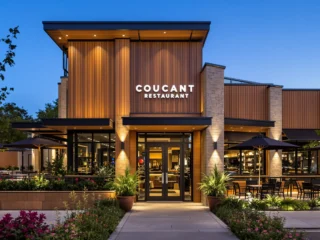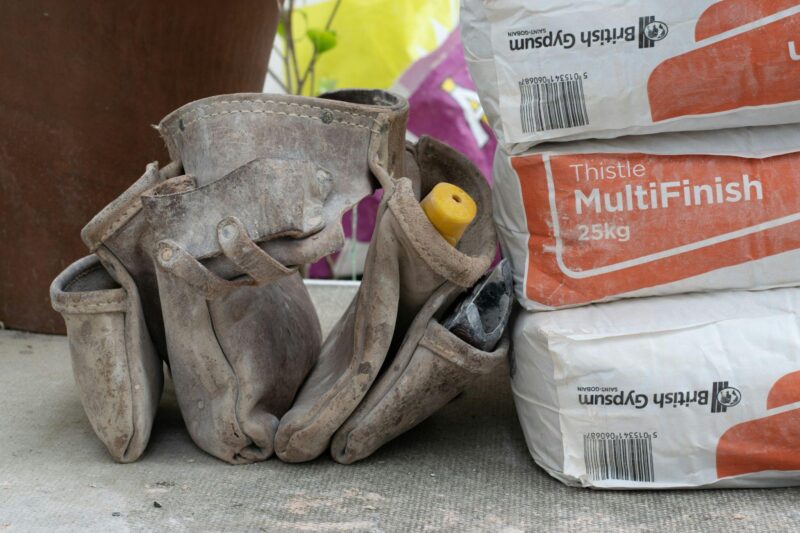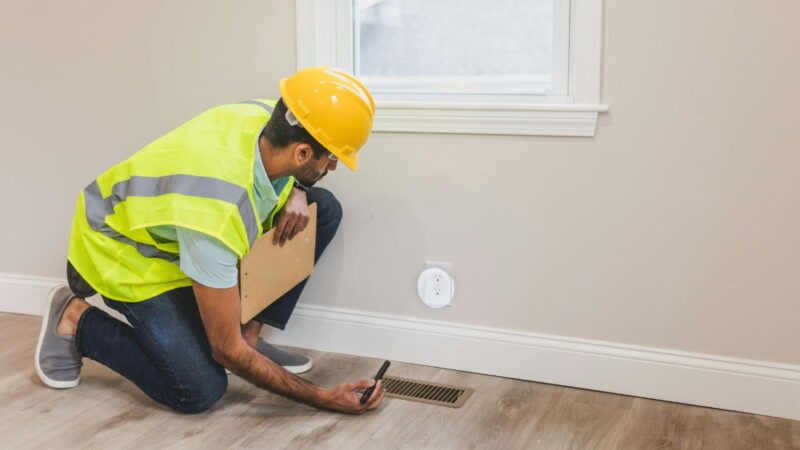
Charleston is a charming city with a deep historical heritage, scenic views, and unique architectural beauty. However, its coastal location also means that the roofs of homes and buildings are constantly exposed to harsh elements like humidity, salt air, and stormy weather. Whether it’s a historical home or a modern build, every Charleston roof faces its own challenges. Recognizing these issues early and taking steps to prevent them can save homeowners a lot of time, money, and stress in the long run.
In this blog, we will explore some of the most common roofing problems in Charleston and provide practical advice on preventing or addressing them. With the right approach, you can ensure that your roof stands up to the test of time, maintaining both its aesthetic appeal and functionality.
Understanding Charleston’s Unique Climate and Its Impact on Roofs
Charleston’s climate is warm and humid for most of the year, making it a breeding ground for various roofing problems. The city experiences heavy rain, especially during the hurricane season, and frequent thunderstorms. High humidity, salty air, and extreme heat can accelerate roof wear and tear. Homeowners need to pay close attention to their roofs, as these conditions often lead to moisture retention, mold growth, and structural damage.
Additionally, the close proximity to the Atlantic Ocean means that roofs are continuously exposed to salty air, which can negatively affect roofing materials. The combination of these factors makes it vital for Charleston residents to have a solid roofing maintenance plan in place.
Common Roofing Problems in Charleston
Moisture Damage
Moisture is one of the most prevalent roofing problems in Charleston due to the city’s high humidity and frequent rainfall. Water can seep through even the smallest cracks or loose shingles, leading to serious structural damage if left unchecked. Over time, moisture can weaken the roof’s underlayment, rot wooden beams, and promote mold growth. If this happens to you, it’s important to have a certified professional inspect for mold growth. Most mold remediation companies will offer free mold inspections.
Preventing moisture damage starts with routine inspections. Look for loose or missing shingles, rusted flashing, or any areas where water might pool. Ensuring proper ventilation in your attic can also help control moisture buildup.
Roof Leaks
Roof leaks are a major headache for Charleston homeowners, especially during the rainy and hurricane seasons. These leaks often start small and can go unnoticed until they cause significant water damage to the interior of your home. Leaks are often caused by damaged shingles, poor flashing installation, or clogged gutters that cause water to back up under the roofing materials.

To prevent roof leaks, it’s essential to have your roof inspected regularly by professionals. Catching small problems early, like missing shingles or damaged flashing, can stop leaks before they become major issues.
Wind Damage
Charleston’s coastal location makes it vulnerable to high winds, particularly during hurricane season. Wind can lift and dislodge shingles, exposing your roof to the elements. Once shingles are damaged or blown off, the underlying materials can deteriorate rapidly, leading to leaks and structural issues.
Wind damage is often easy to spot—missing shingles or visible damage are telltale signs. Installing impact-resistant shingles and securing all roof components can help mitigate the damage caused by strong winds.
Salt Air Corrosion
Living near the coast comes with its own set of challenges, and one of the biggest for Charleston residents is salt air corrosion. The salt in the air can cause metal roofing materials, like flashing or screws, to rust and deteriorate more quickly. Over time, this corrosion can weaken the roof’s structural integrity and lead to leaks or other issues.
To prevent salt air corrosion, it’s essential to use roofing materials that are designed to resist rust. Regularly checking and replacing your roof’s metal components can also help prolong its lifespan.
Moss and Algae Growth
Charleston’s humid and warm climate is perfect for moss and algae to thrive. These organisms often grow on roofs that are shaded or don’t receive enough direct sunlight. While they may seem harmless, moss and algae can trap moisture, causing shingles to deteriorate and increasing the risk of leaks.
Preventing moss and algae growth can be as simple as trimming overhanging branches to allow more sunlight to reach your roof. You can also install zinc or copper strips along the roof’s ridge, as these metals naturally inhibit the growth of moss and algae.
Clogged Gutters
Gutters play an essential role in directing water away from your roof and home. However, they can easily become clogged with leaves, debris, and even bird nests, especially during the fall. When gutters are clogged, water can’t flow properly, leading to roof leaks, moisture damage, and even foundation issues.
The solution to clogged gutters is regular cleaning. Installing gutter guards can also help keep debris out, ensuring that water flows smoothly off your roof.
Preventive Measures for Maintaining Your Roof
Preventing roof problems in Charleston is all about being proactive. By taking some simple steps, you can extend the life of your roof and avoid costly repairs. Here are some key preventive measures to consider:
Regular Roof Inspections
Regular roof inspections are one of the best ways to catch problems early. Ideally, a professional should inspect your roof at least once a year. This will help you identify any issues before they escalate, saving you money in the long run.
During an inspection, a roofer will check for missing or damaged shingles, inspect the flashing, and ensure that the roof’s structure is sound. They can also spot signs of moisture damage or potential leaks that you might not notice from the ground.
Clean and Maintain Gutters
As mentioned earlier, clogged gutters can cause significant roof problems, especially in a city like Charleston, where rainfall is frequent. Cleaning your gutters at least twice a year—typically in the spring and fall—can help prevent water damage. If cleaning them yourself feels like too much of a hassle, consider hiring a professional or installing gutter guards.
Address Small Repairs Immediately
Take action when a small problem turns into a major issue. If you notice missing shingles, loose flashing, or any other damage signs, address them immediately. Small repairs are typically inexpensive, but waiting too long can lead to costly fixes down the road.
Ventilation and Insulation
Proper attic ventilation and insulation are crucial to keeping your roof in good shape. Good ventilation helps reduce moisture buildup, while insulation prevents heat from escaping during the winter and keeps your home cooler in the summer. Both of these factors can help extend the lifespan of your roof.
Trim Trees and Remove Debris
Overhanging branches can scratch your roof and provide a pathway for pests. They can also drop leaves and debris, leading to clogged gutters.

Trimming back any trees that hang over your roof will help prevent damage and keep your roof free of moss and algae.
When to Call a Professional
Sometimes, DIY solutions aren’t enough, especially when it comes to major roof repairs or replacements. While regular maintenance can prevent many issues, a professional roofing company like Home Pro Roofing can offer expert services to address more severe problems. If you notice significant leaks, widespread shingle damage, or structural issues with your roof, it’s best to call in the professionals before the problem worsens.
Conclusion
Charleston’s beautiful but challenging coastal environment presents homeowners with a range of roofing problems. From moisture damage to wind and salt air corrosion, your roof is constantly under attack from the elements. However, by staying proactive with regular inspections, cleaning your gutters, trimming nearby trees, and addressing small repairs quickly, you can help prevent these common issues and extend the lifespan of your roof.
If you’re not sure where to start or if your roof needs professional attention, don’t hesitate to contact a reputable roofing company. With their help, you can ensure your roof remains in top condition, protecting your home for years to come.







